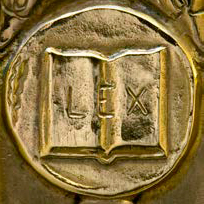Law, College of

Nebraska Law Bulletin (Selected Issues)
Date of this Version
11-15-2020
Document Type
Article
Citation
Nebraska Law Bulletin (November 15, 2020)
Abstract
This essay argues that Congress can—by a statute expressing the will of both houses—protect a treaty from presidential termination. Under this framework, when Congress expressly states its opposition to the termination of a particular treaty, it moves the president’s order to terminate the treaty into this third category where the president can rely only upon enumerated powers. In Goldwater v. Carter, the Supreme Court found a challenge to presidential treaty termination non-justiciable without forming a majority opinion, However, a statutory protection of a treaty creates a different dispute which fails to implicate any of the political question factors articulated by the Court in Baker v. Carr. While, neither of the competing analogies employed by scholars in discussing the termination power are persuasive, the treaty power’s inseparability from issues of war and peace suggest that the framers would not have vested the authority to terminate a treaty in a single individual. The framing generation’s fear of executive corruptibility and desire that the new republic would be a reliable diplomatic partner permeate their justifications for the treaty ratification process; the irreconcilability of these concerns with a plenary termination power strongly suggest that Congress can insulate treaties from a president acting unilaterally.


Comments
Copyright 2020, the author